
The Lesser Evil
Political Ethics in an Age of Terror
Read or listen offline
Recommendation
The September 11, 2001, terrorist attacks threatened Americans’ safety, and strained the U.S.’s judicial and social interpretations about how to respond to a national emergency. Civil rights and constitutional experts from both conservative and liberal camps had to respond to the country’s new “Homeland Security” practices dealing with surveillance and detention. Their reactions involved everything from the right of habeas corpus to the U.S. Constitution and the rights of captured combatants. Michael Ignatieff covers this heady area in essays adapted from a lecture series. The topic is crucial, but alas the book is dense reading. However, the author’s interpretations of civil and legal issues, constitutional law, the rule of law, and the ethics and morality of fighting terrorists will deeply intrigue those in related fields. getAbstract considers this an important book for lawyers and academics, if not casual readers. Ignatieff shows that balancing the rights of those criminals known as terrorists against the safety of citizens is an issue society will debate hotly for years to come.
Summary
About the Author
Michael Ignatieff is the director of the Carr Center for Human Rights Policy at the John F. Kennedy School of Government at Harvard University, where he also teaches. His many books include Human Rights as Politics and Idolatry and //American Exceptionalism and Human Rights.








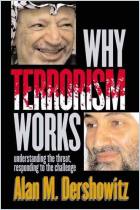
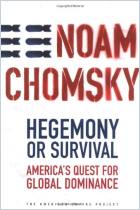
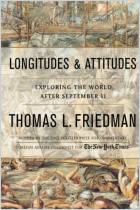
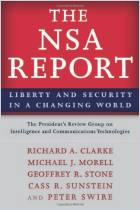
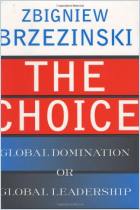
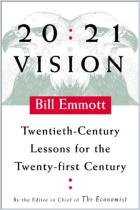



Comment on this summary or Démarrer une discussion